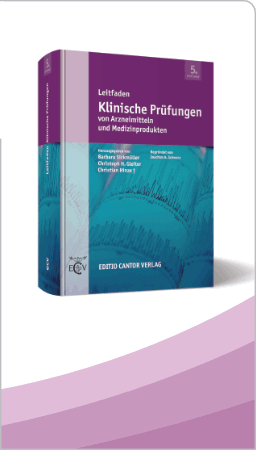Pharmakologie und Sicherheit von THC dominierten cannabinoiden Arzneistoffen (CAM)
Originale
KEY WORDS Arzneimittelinteraktionen | medizinische Cannabinoide | Tetrahydrocannabinol | unerwünschte Arzneimittelwirkungen
Abstract
Pharmacology and safety of THC dominated cannabinoid drugs (CAM)
The endocannabinoid system (ECS) is a physiological modulator of brain activities. Endocannabinoids inhibit the (over-) activity of synapses by activation of the cannabinoid-receptor 1 (CB1), a widely expressed G-protein-coupled receptor in the nervous system. Cannabinoid drugs confer their therapeutic effects by the interaction with the ECS.
So far, oral application is the gold standard since slow accumulation and low bioavailability prevent the risk of addictive behavior. Moreover, the slow increase of low dosages reduces adverse drug reactions. The interactions are rare, the modulation of CYP3A4-enzymes does not substantially change the effects. Attention should be paid to the reinforcement of neuropsychological effects of the co-applied drugs. Taken together, cannabinoid drugs including oral THC can be considered as safety neuro-psychological drugs.
Korrespondenz:
Prof. Dr. med. Thomas Herdegen, Institut für Experimentelle und Klinische Pharmakologie, UKSH Campus Kiel, Arnold-Heller-Straße 3, Haus U37, 24105 Kiel (Germany), E-Mail: t.herdegen@pharmakologie.uni-kiel.de
Zusammenfassung
Das körpereigene Endocannbinoidsystem (ECS) ist ein physiologisch wichtiges Regulationssystem für unsere psycho-vegetative Homöostase. Dabei reduzieren Endocannabinoide eine synaptische Überaktivität über die Aktivierung des Cannabinoid-Rezeptors 1 (CB1). Dieser gehört zu den am häufigsten exprimierten G-Protein-gekoppelten
Schließen Sie hier ein Abonnement ab und profitieren Sie von den vielseitigen Nutzungsmöglichkeiten.




